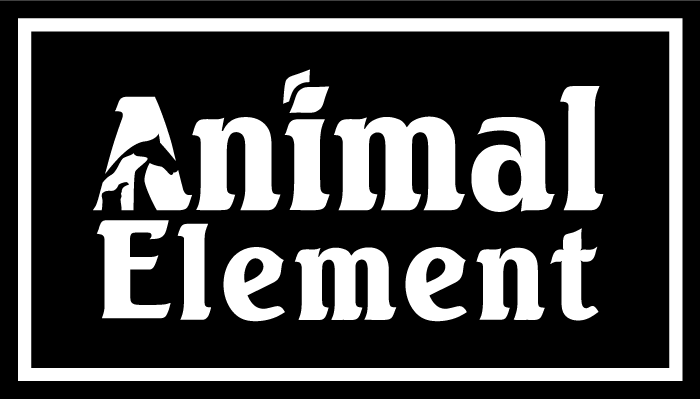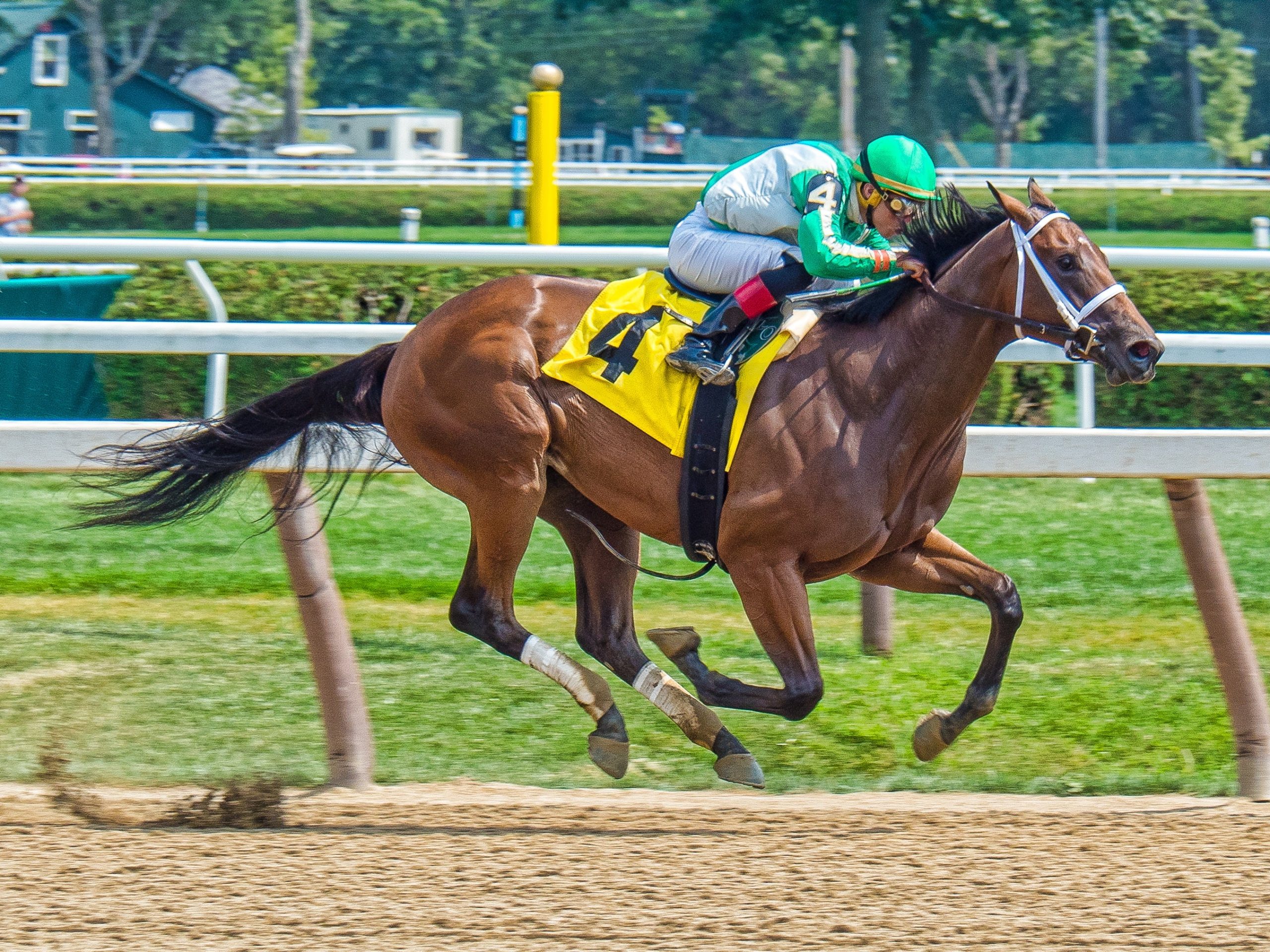Last updated on October 30, 2024
8 Important Things to Think About When Hiring a Horse Trainer
You’ve found the perfect prospect horse or maybe even raised one yourself from a great broodmare. And now you’re heading into that colt’s second or third year and are anxious to get them started! But you’re no horse trainer. Maybe you were once upon a time, but now you’re not as bouncy and you know that your family would chew you out if they saw you trying to break a colt.
So you’ve started the search for a colt breaker (or horse trainer, depending on your location and level of political correctness). The search for the best horse trainer in your area can be daunting unless you have a tried and true trainer you go back to again and again. Here are the top few things to consider when choosing a horse trainer for your colt.

Consider These 8 Things When Looking for a Horse Trainer
1. Reputation
One of the best (and worst) things about the horse industry is that one’s reputation almost always precedes them. If you have trusted people who you can ask for recommendations, that is usually the best place to start your search.
2. Horse Care & Condition

While obviously a colt that gets worked for the first time will lose a little of their “baby fat”, a great horse trainer and program should be feeding your horse enough to compensate for the extra calorie burn.
If your trainer doesn’t already feed Animal Element, ask if they will feed your horse the FDD and Nutrack they are accustomed to when in their care. If they are happy to oblige, consider this a green flag.
3. Area of Expertise
Most horse owners know what area of discipline they want their prospect to excel in, but does your trainer know (or at least understand) the basics necessary to succeed in that area? There are certainly many aspects of a good foundation that transfer across disciplines, but there are some idiosyncrasies between disciplines that may need to be considered.
4. Years of Experience
How long has your potential horse trainer of choice been actively starting colts or training for this particular discipline? While we are always proponents of people hustling and understand that it takes time to get good at anything, it’s good to go into a training program knowing how many years of experience your trainer has.
5. Level of Involvement of the Horse Trainer

On the flip side, sometimes a trainer who has been training horses for decades is not the one doing the actual training on your colt. Which is totally ok! We applaud them for staying in the industry for so long and for teaching other young horse trainers their craft. However, if the head trainer is just head of the operation in name only, and will not be doing much of the work or supervision of the work, you may want to spend extra time getting to know the trainer who will actually be working with your horse.
6. Level of Exposure
If you need your horse started and seasoned in a particular discipline, does the trainer of your choice have the level of exposure that you are looking for? For example, if you want a horse hauled to futurities for you, will that trainer actually haul to all the big futurities or are they a local jackpot kind of trainer? Neither is wrong, just make sure to communicate your expectations so that no one is disappointed or frustrated.
7. Ability to Teach
So your horse is started, graduated kindergarten, and is ready to come home with you. But do you know HOW to ride that particular horse? Do you understand the “buttons” that your trainer put on your horse? Do you understand the cues that your horse needs to perform their newly acquired skills? If not, does your trainer have the ability to teach you as well? Most trainers want to see their horses go on to have success, but the rider and owner of that horse are a huge part of that success!
8. Training Facilities
Does your potential horse trainer have the right facilities to train and care for your horse? We know that building a horse training facility isn’t cheap and not every trainer has a million-dollar property. But there are a few fundamental things that most trainers should have: a round pen or two, an arena, and a nice, open pasture to ride in.
Obviously stalls, runs, and pens should be safe and the ground conditions should be monitored to ensure safe footing as your young horse learns new skills.
Ease the Stress of Hiring a Horse Trainer
There is a lot that goes into training a colt, whether you do it yourself or hire a trainer. These eight things to look for will help you find the right trainer for your horse and discipline, with hopefully as little stress and turmoil as possible. Remember to consider the horse trainer’s word-of-mouth reputation, area and level of expertise, willingness to teach you, and personal involvement in the operation. The state of their facilities and the condition of the horses under their care are of utmost importance too.

To help your colt have the best chance of success and lower levels of stress, get them on Foundation Daily Detox and NuTrack Digestive Support as soon as possible and ask that the trainer continue with the supplements at their facility. A happy gut and healthy horse make a more willing and able pupil.
If your horse is especially anxious during travel or in new environments, consider giving In The Zone to help them transition calmly to the trainer’s facility. This calming paste soothes the nerves without getting in the way of their energy or mental clarity. Best of luck to you and your horse!

